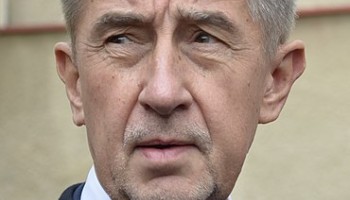The European Court of Auditors - the financial watchdog of the European Union - said only 2.6 billion were recovered based on investigations conducted by the European Anti-Fraud Office, OLAF.
Out of the 541 cases OLAF recommended should have gone to court, just 308 did and of those that did, 171 were dismissed due to "insufficient evidence" and only 137 resulted in indictments.
The report claims that "the scale of fraud is underreported," so it is likely that the figures are much higher.
“We found that the European Commission lacks comprehensive information on the scale, nature and causes of fraud” especially due to the lack of information sharing between Member States, the report said.
The audit notes a number of issues preventing OLAF from recovering fraudulently spent EU money, such as that “under the current EU legal framework, the main responsibility for enforcing anti-fraud legislation lies with the Member States.”
However, between 2007 and 2013 only ten EU states reported less than 10 cases of suspected fraud and among those who reported the fewest were some of the EU's most high-risk states on corruption, including Bulgaria and Hungary where journalists found evidence of major corruption.
Further, the reporting threshold for the monitoring of EU payments is set at 10,000 euros ($11,500), and some of the projects most susceptible to instances of fraud lie below that threshold – namely, agricultural projects.
One particular solution enables Member States to bar known fraudsters from EU contracts in an EU database called EDES. However, the European Commission had excluded just 19 economic operators between 2016 and 2018, even though there were 820 suspected EU fraud cases in 2016 alone.
Another solution developed by the Commission includes an IT platform, Arachne, for "identifying the riskiest projects and beneficiaries" of EU funds.
It states that the EU needs "a robust fraud reporting system, providing information on the scale, nature and root causes to fraud".
The European Public Prosecutor's Office (EPPO), an EU body which will have the power to investigate and prosecute crimes against the EU’s financial interests, has been slated to begin operation in 2021.
Alongside the centralized EPPO body, individual European Delegated Prosecutors (EDPs) will work within the Member States in a decentralized manner.






